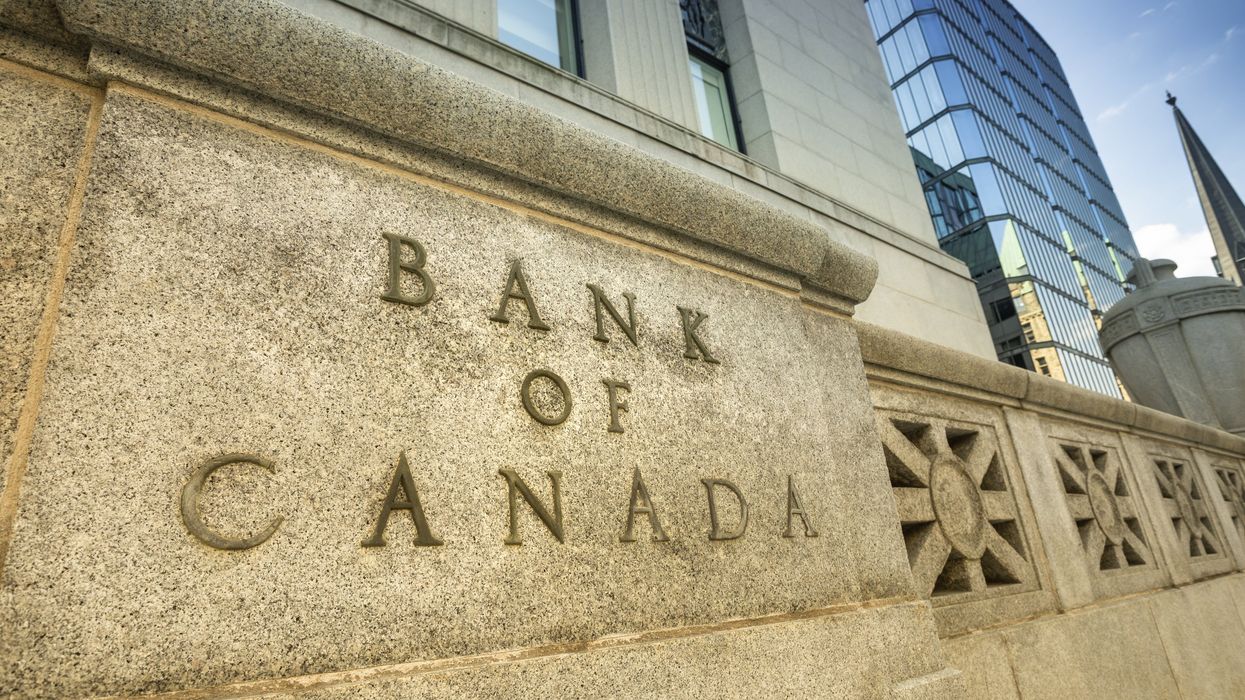You Might Have Unclaimed Money From The Bank Of Canada & You Can Check Within Minutes
You might have a lot of money waiting for you! 💰

A Bank of Canada sign.
Canadians may just have some unclaimed money sitting around, and there's a super simple way to check.
The Bank of Canada has a service called the Unclaimed Properties Office (UPO) that lets you find out if there's any unclaimed money under your name.
The UPO is an organization that "provides Canadians with information and tools to access unclaimed properties held by the Bank of Canada."
This includes unclaimed bank balances, Canada Savings Bonds and Government of Canada bonds, the Canada RSP and the Canada RIF.
So, if you have any unclaimed bank balances — meaning any funds or formal IOUs called "negotiable instruments" that are held or issued by a federally regulated bank or trust company — the UPO can help you get your money.
The first step to check if you've got some outstanding dollars out there is searching the UPO database.
To look through their records, you have to enter details such as your first and last name, city and province of residence, or your account or instrument number.
From there, it will list accounts with those details and share whether there's any amount owed to them.
Taking a look at some of the results, you could potentially find yourself with amounts from under $100 to over $5,000.
If your name does pop up in the search, you will then need to submit a claim and send in documentation that proves you're the person entitled to that money.
According to the website, that documentation could include things like proof of ID or entitlement, or other documents that prove you're the individual that money belongs to.
It should also be mentioned that the search function won't bring up the details for any funds from a bond, RSP or RIF — but the UPO website does have resources on how to redeem any bonds you might have or report them lost, stolen or damaged.
If nothing comes up for you there, why not check if the CRA has any uncashed cheques under your name, instead? The federal agency is trying to get in touch with millions of Canadians who are owed money, with some cheques dating back to the 1990s!
This article's cover image was used for illustrative purposes only.